What is your (dis)traction?
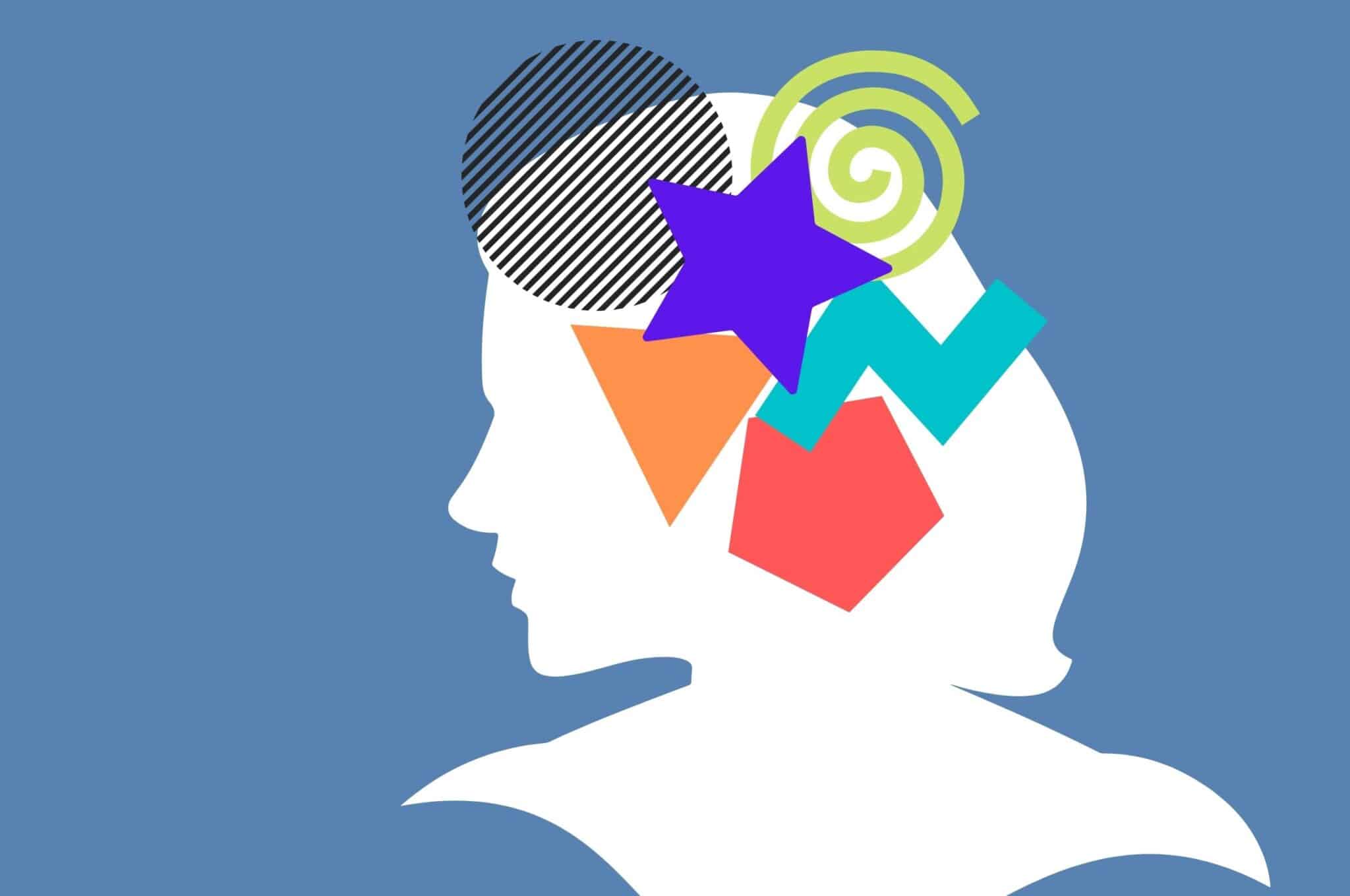
It took me about a month to write the long-form article Build Better Systems. There I dived deep into the narrative presented in the “Social Dilemma” documentary. In my opinion, the fictional family drama was a great way to showcase the complex problem of social media. Nevertheless, I value the contrarian approach of author Nir Eyal.
In the Knowledge Project podcast, Nir Eyal said that the Social Dilemma crew recorded a three-hour interview with him. The material has not been featured in the final cut, probably because Nir Eyal argues that we are in control of our attention. In short “traction” happens when we do what we planned to do – e.g. our work tasks. The “distraction” is when we derail – we do things out of the plan.
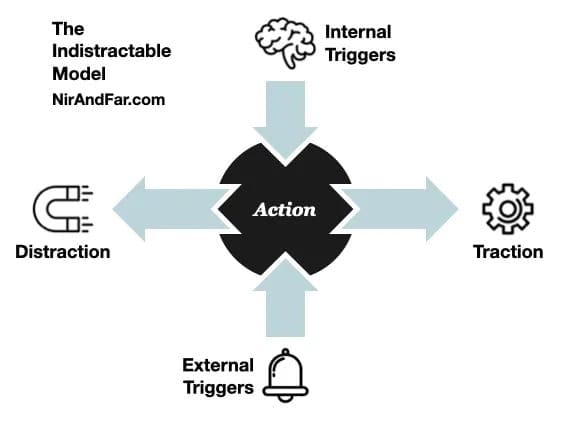
Moreover, Nir emphasizes a broad historical perspective. The state of being distracted is something that many great minds have been struggling with for millennia – regardless of the technological advancements. In Ancient Greece, Plato coined the term akrasia for someone “lacking command”. Sometimes even if we know that A is the best course of action, we do other things.
Does this make me wise?
In the Build Better Systems, I wrote about asking ourselves questions, as one of the methods to stay in control of tech. Following Nir’s rhetoric, we need to look at external and internal triggers, not just a device in our hand. Therefore, it’s a conversation about something more than just social media manipulations and the power of big tech.
I train my attention by mindfully reflecting on my actions. For example, I ask myself – does using Facebook make me wise? My answer is – no, it irritates me. On the contrary, I ask – does using iPhone make me wise? The answer is – yes, ONLY IF I listen to audiobooks or have a call with a friend.
Continuous pruning of noise
Every technology can become irritating. An infinite amount of push notifications, urgent emails, and pop-ups create noise. One huge unrecognizable stream that makes us busy but not productive. That’s why it’s vital to regularly prune our digital environment.
Here are some strategies that I practice.
How I prune my email inbox?
- Unsubscribe from all email newsletters that are just interesting. Keep only a few of them that are an absolute must-read
- Create filters with labels to automatically assign repetitive emails – e.g. payments, reports, etc.
- Bundle less important emails into labels that I can read all at once
How I prune push notifications on mobile?
- Allow only relevant notifications – for someone is messaging me via social media
- Opt-out from all marketing notifications and from badge counter (number of unread notifications)
- If an app is still pushing undesired notifications – I turn off all notifications in the general settings of the phone
How I prune phone calls and messages in chat apps?
- Schedule “Do Not Disturb” mode for working hours with few people in my favorite list, who can call me anytime
- By default, I use “Silence Unknown Callers” to block all phone calls from numbers not in my contacts
- Filter messages from unknown senders and turn off notifications from group chats

Embrace mental and tech limits
Writing articles requires concentration. I can perform this kind of deep mental work only for few hours a day. Similarly, my laptop works slower, the more RAM is used by apps. Therefore good night’s sleep replenishes my mental energy, and completely turning off the laptop cleans the RAM.
I embrace the limits even in online services. My Gmail displays only 10 messages at once with a Reading Pane at the bottom. Due to pruning I receive no more than ten new emails a day and with this setup and I quickly reply or archive them.
For years I have been heavily distracted. My curious mind was on a never-ending hunt for the next shiny object. Growing self-awareness and understanding technology helped me to get “on track”.
What is your (dis)traction?

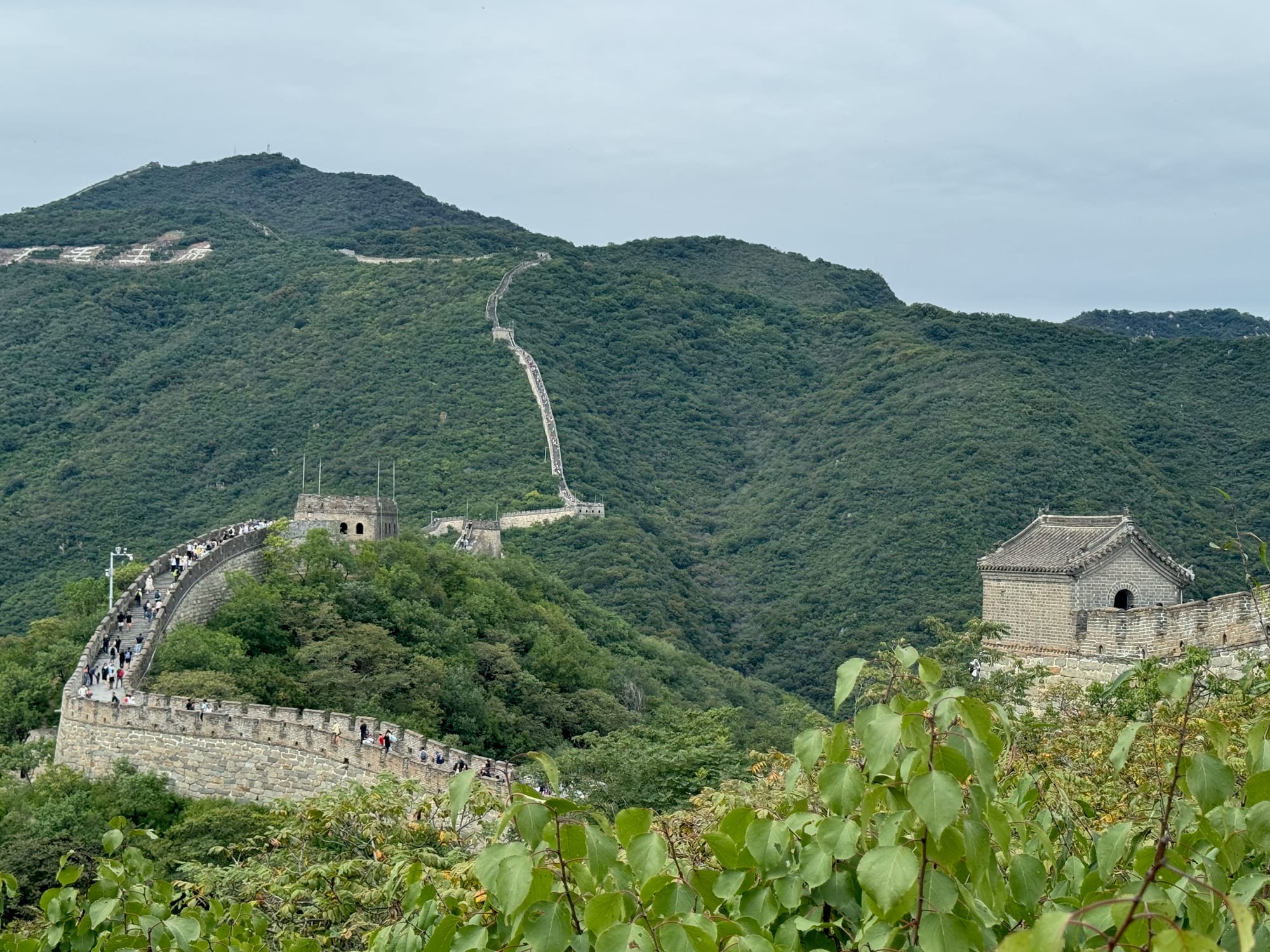
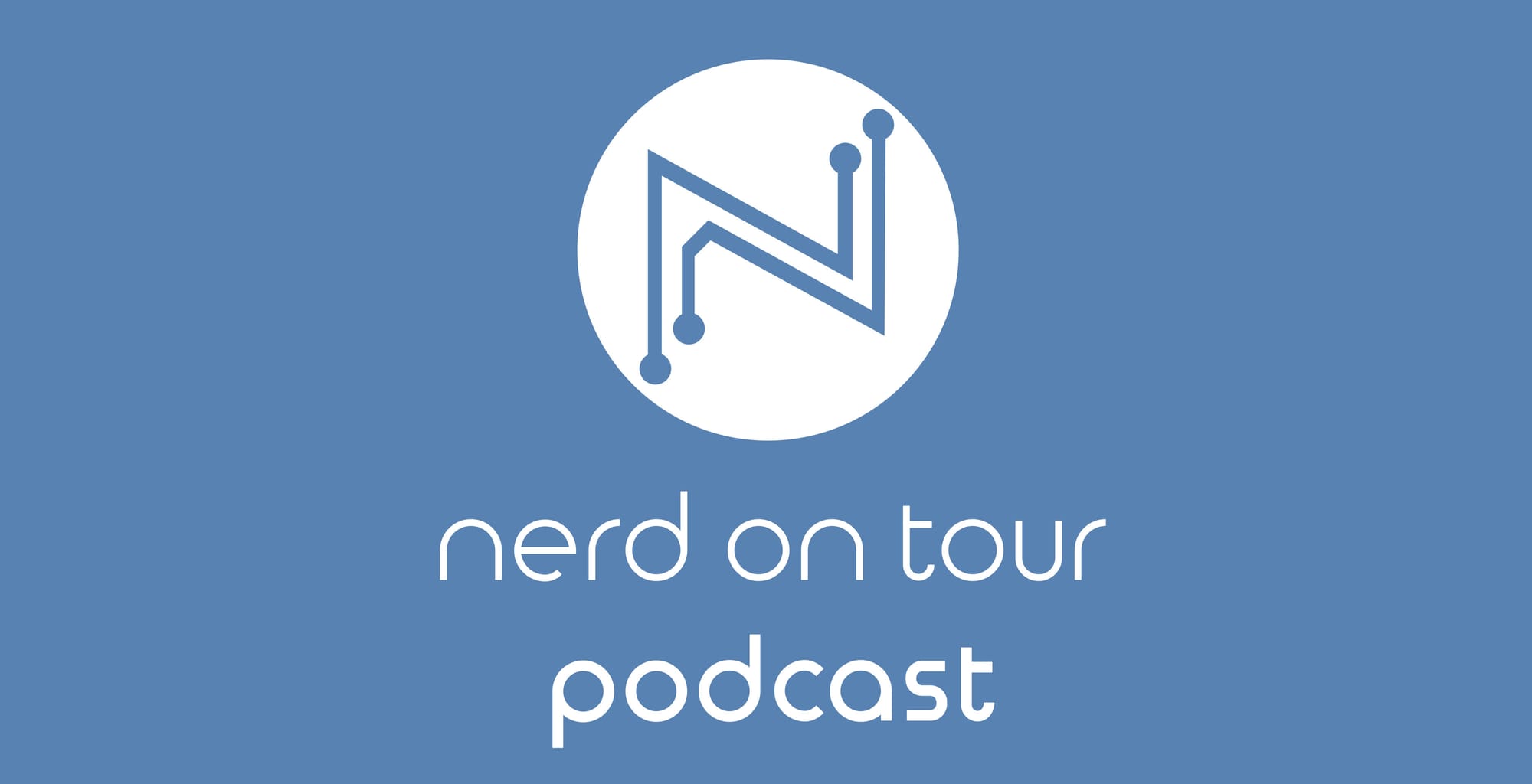

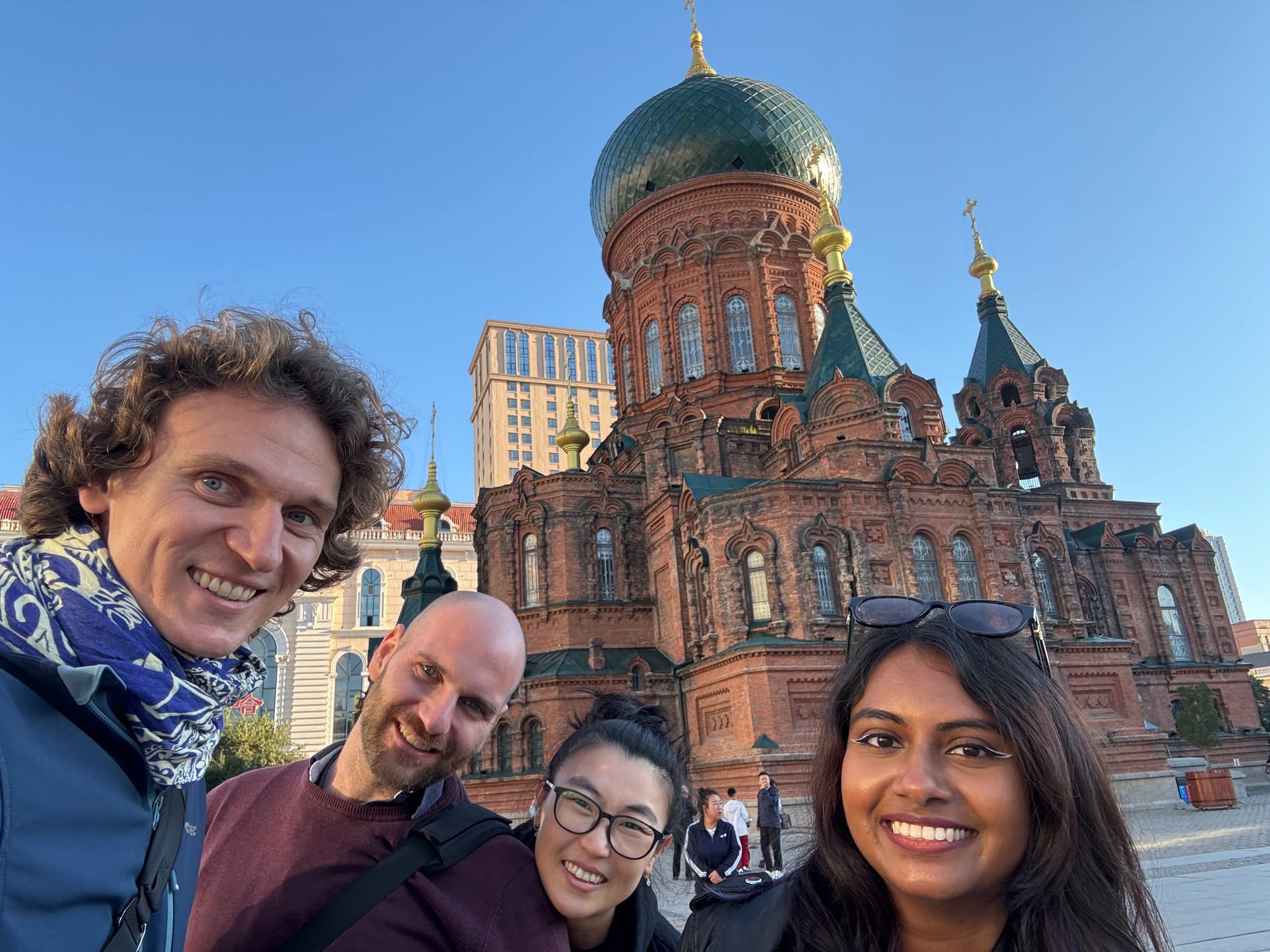
Discussion